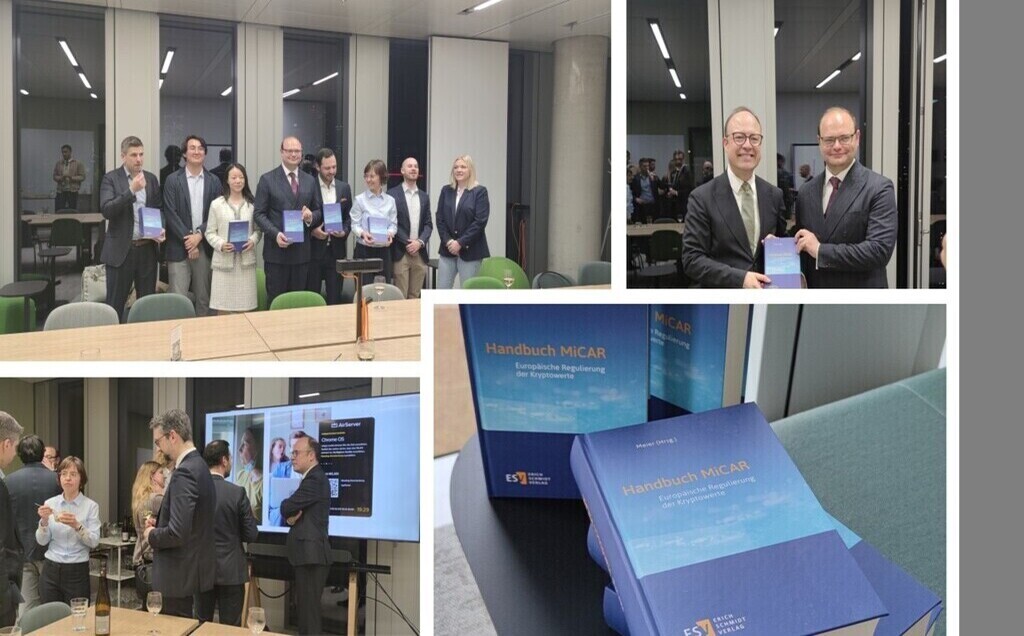In the future, the Markets in Crypto Assets Regulation (MiCAR) will subject the exchange of crypto assets for fiat money as well as the exchange of crypto assets for other crypto assets to a licensing requirement. Crypto service providers who want to offer exchange services in connection with crypto assets must then first obtain a corresponding MiCAR license. In order to obtain such a license, crypto service providers must, in particular, have professionally suitable directors, a proper business organization, and be able to provide an initial regulatory capital of at least 125,000 euros. In addition to these basic requirements for a license, MiCAR also requires crypto exchange providers to meet even more minimum requirements and obligations. For example, crypto service providers offering exchange services will be required to clearly define what type of clients they accept. In addition, they will be required to publish their exchange prices and execute orders from their customers at the prices published at the time the order is finally placed. Crypto exchange providers will also be required to publish information about the transactions they conclude on an ongoing basis.
Who Qualifies as a Crypto Exchange Provider Under MiCAR?
According to MiCAR, an exchange of crypto assets for other crypto assets or for fiat money is only a crypto exchange subject to authorization if it is carried out using the provider’s own capital. Thus, it does not include commission agents or portfolio managers who use their clients’ capital to conduct exchanges. The use of the provider’s own capital is an unwritten characteristic of crypto exchange, which does not result from the actual text of the regulation, but from the recitals preceding it. In this context, the provider’s own capital must be used either in the form of crypto assets or fiat money. Therefore, if, for example, a token that does not qualify under MiCAR’s definition of crypto assets, such as a Non Fungible Token (NFT) or a tokenized transferable security covered by MiFID regulation, is exchanged for fiat money, this exchange transaction cannot be classified as a crypto exchange under MiCAR. Nevertheless, it is of course possible that the transaction is subject to authorization for other reasons. In Germany, for example, the exchange of tokenized securities may be regulated as proprietary trading under the German Banking Act (KWG) or the German Investment Firm Act (WpIG).
Specific Compliance Obligations of Crypto Exchange Providers
Crypto service providers that want to offer the exchange of crypto assets for other crypto assets or for fiat money must decide, as part of a non-discriminatory business policy, what type of customers they accept and what conditions these customers must fulfill. Accordingly, they must make a binding decision as to whether they want to provide services to consumers, commercial customers, or both types of customers, for example. In addition, it must be specified which additional conditions the customers must fulfill in order to be onboarded as customers. It is possible, for example, to specify only regulated companies as customers. On the other hand, it is not possible to impose discriminatory restrictions on potential new customers on the basis of their nationality, age or political orientation, for example. In the settlement of exchange transactions, it must also be comprehensible to customers at all times at which specific price crypto assets are offered. Order execution may only take place at the price published at the time of the final exchange order, whereby the crypto service provider must inform its customers when an exchange order is considered final within the framework of its business model. Any caps in terms of a maximum value that can be exchanged must also be disclosed by crypto exchange providers. Finally, crypto exchange providers are required to provide post-trade transparency under MiCAR. They must constantly publish information about the trades they have concluded, the transaction volumes and the transaction prices.
Attorney Dr. Lutz Auffenberg, LL.M. (London)
subscribe to Newsletter






